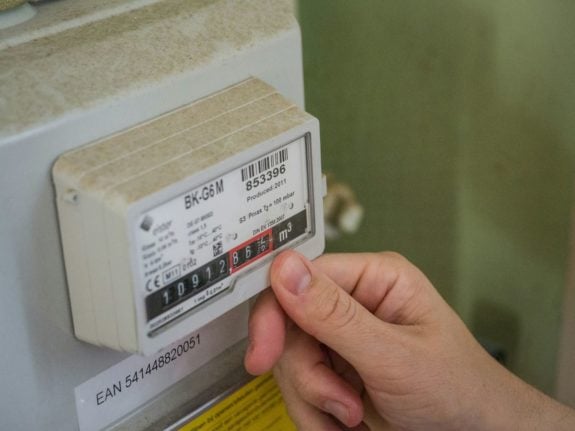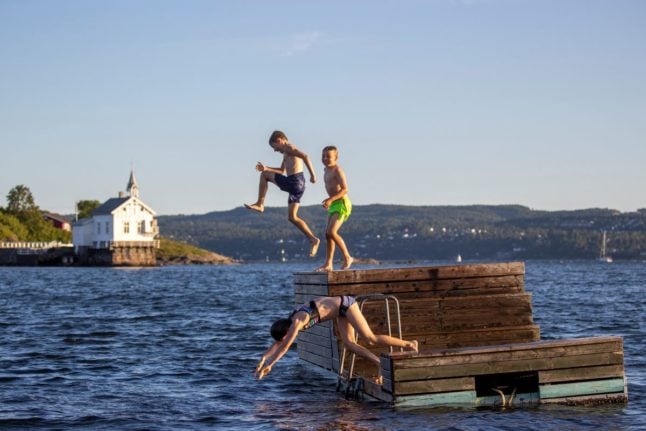Changes to energy deal laws
New regulations will be introduced to make things easier for consumers using Norway’s energy market.
Electricity providers face having their operating licences withdrawn if they do not comply with the new consumer-friendly legislation.
Among the changes that take effect from July 1st is a clause that allows customers to leave deals free of charge within 30 days of a supplier changing an agreement to make it worse.
READ ALSO: Everything that changes in Norway in July 2024
It becomes easier to trade second-hand goods
From July, those wishing to sell second-hand goods should have an easier time. They will no longer need to obtain permission from the police to do so.
However, those selling precious metals, precious stones and pearls, cultural objects, works of art, collectables, antiques, cars, and trailers will still need a permit.
Clothes, furniture and sports equipment are among the things that can be sold without a permit.
Working laws get an update
Employees will need to be provided with a written employment agreement within one week of work from next month.
The rules previously allowed companies to wait as long as a month before doing so. The probation period for those in temporary roles has also been reduced to half of the length of the position. Work contracts will also need to be more detailed under the new rules.
Rogue companies will also receive higher fines for violations of the Working Environment Act. The upper limit for fines has been increased from 1.8 million kroner to 6.2 million kroner, or up to four percent of the company’s turnover.
Consumers will now be charged to file complaint cases
If a consumer wishes to escalate their issue with a product or service, they must pay 248 kroner to the Norwegian Consumer Protection Authority.
Those who wish to appeal their case will need to part with 1,277 kroner.
Leasing cars will become more expensive
Should you wish to lease a car, then you can expect to pay more VAT on the transaction after July 1st.
However, electric cars priced under 500,000 kroner will be exempt from the new VAT rules.
Ban on flavoured vapes
Norway has pushed back its ban on vapes and e-cigarettes by one year. Still, a ban on flavoured vapes and e-cigarettes was introduced on July 1st.
Such products will now only be sold with a tobacco flavour. Non-nicotine vapes must also no longer contain flavours.
Looking ahead – education changes
There will also be a number of changes to education and childcare from August 1st too.
High school students will have a right to high school education until they have completed it, and they will have the right to change their programme if they change their mind.
The free afterschool care offer will be extended to students in the 3rd grade. The maximum price for kindergarten will be cut to 2,000 kroner per month.



 Please whitelist us to continue reading.
Please whitelist us to continue reading.
Member comments